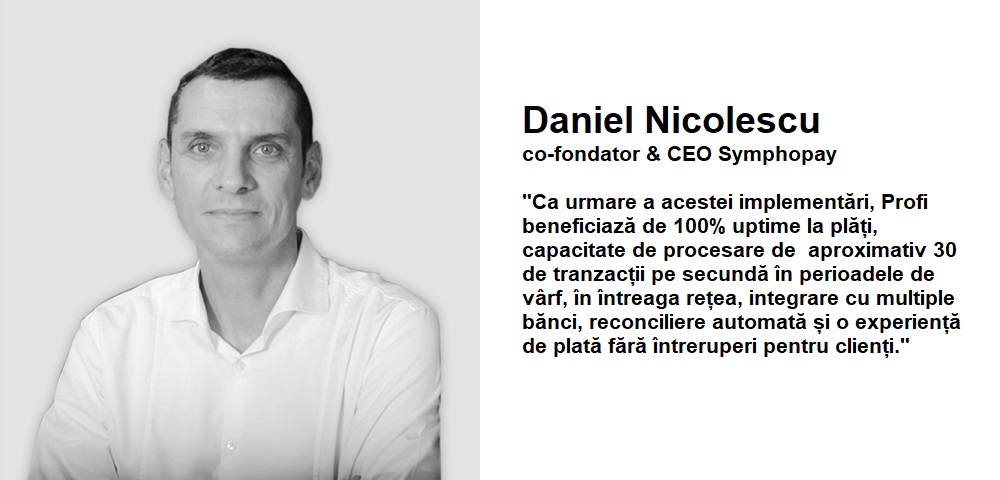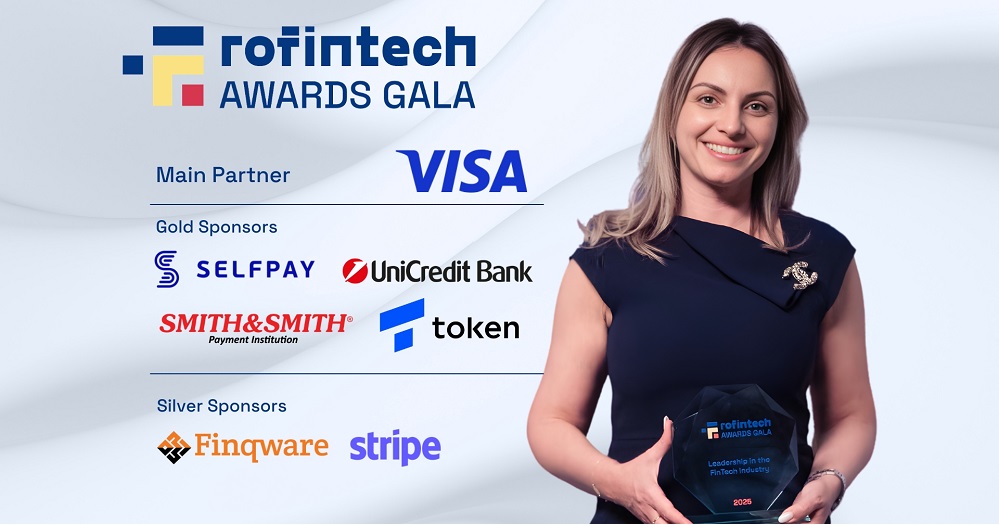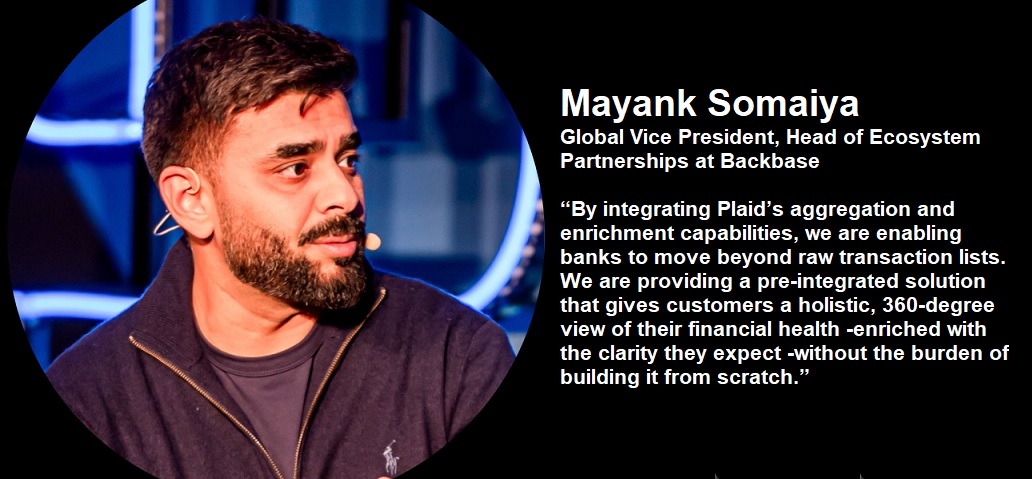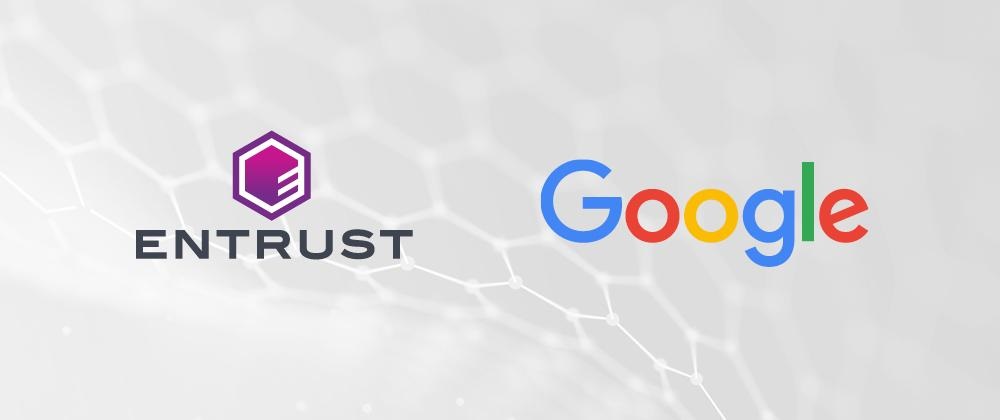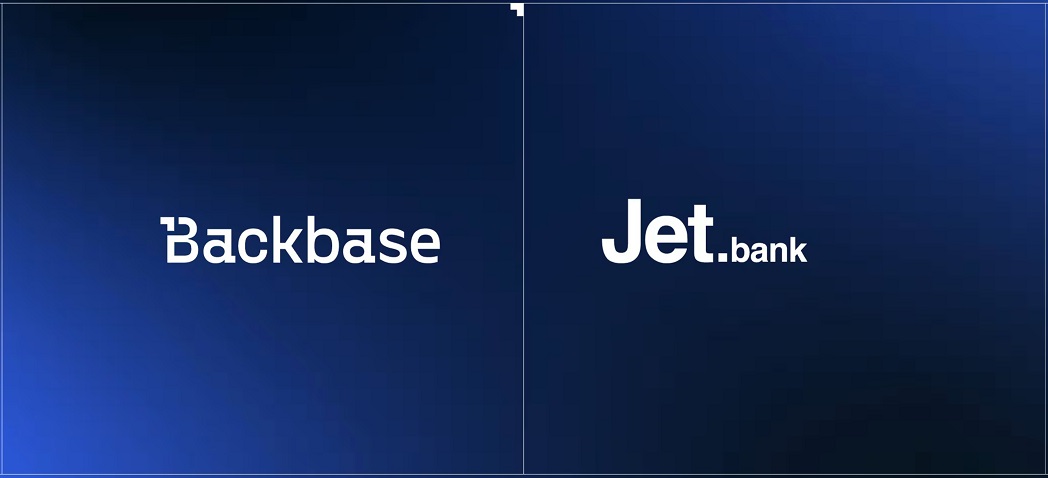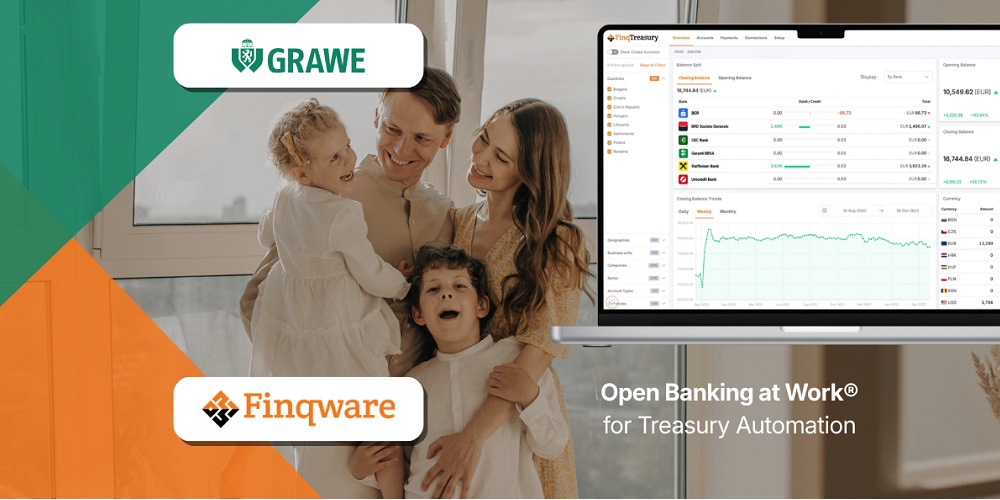Can you truly own anything in the metaverse? Blockchains and NFTs don’t protect virtual property!

an article written by João Marinotti, Indiana University
In 2021, an investment firm bought 2,000 acres of real estate for about US$4 million. Normally this would not make headlines, but in this case the land was virtual. It existed only in a metaverse platform called The Sandbox. By buying 792 non-fungible tokens on the Ethereum blockchain, the firm then owned the equivalent of 1,200 city blocks.
But did it? It turns out that legal ownership in the metaverse is not that simple.
The prevailing but legally problematic narrative among crypto enthusiasts is that NFTs allow true ownership of digital items in the metaverse for two reasons: decentralization and interoperability. These two technological features have led some to claim that tokens provide indisputable proof of ownership, which can be used across various metaverse apps, environments and games. Because of this decentralization, some also claim that buying and selling virtual items can be done on the blockchain itself for whatever price you want, without any person or any company’s permission.
Despite these claims, the legal status of virtual “owners” is significantly more complicated. In fact, the current ownership of metaverse assets is not governed by property law at all, but rather by contract law. As a legal scholar who studies property law, tech policy and legal ownership, I believe that what many companies are calling “ownership” in the metaverse is not the same as ownership in the physical world, and consumers are at risk of being swindled.
Purchasing in the metaverse
When you buy an item in the metaverse, your purchase is recorded in a transaction on a blockchain, which is a digital ledger under nobody’s control and in which transaction records cannot be deleted or altered. Your purchase assigns you ownership of an NFT, which is simply a unique string of bits. You store the NFT in a crypto wallet that only you can open, and which you “carry” with you wherever you go in the metaverse. Each NFT is linked to a particular virtual item.
It is easy to think that because your NFT is in your crypto wallet, no one can take your NFT-backed virtual apartment, outfit or magic wand away from you without access to your wallet’s private key. Because of this, many people think that the NFT and the digital item are one and the same. Even experts conflate NFTs with their respective digital goods, noting that because NFTs are personal property, they allow you to own digital goods in a virtual world.
However, when you join a metaverse platform you must first agree to the platform’s terms of service, terms of use or end user license agreement. These are legally binding documents that define the rights and duties of the users and the metaverse platform. Unfortunately and unsurprisingly, almost no one actually reads the terms of service. In one study, only 1.7% of users found and questioned a “child assignment clause” embedded in a terms of service document. Everyone else unwittingly gave away their first-born child to the fictional online service provider.
It is in these lengthy and sometimes incomprehensible documents where metaverse platforms spell out the legal nuances of virtual ownership. Unlike the blockchain itself, the terms of service for each metaverse platform are centralized and are under the complete control of a single company. This is extremely problematic for legal ownership.
Read the full article in here
About the author
João Marinotti is an Associate Professor of Law at Indiana University Maurer School of Law. He is also an Affiliated Fellow at the Yale Law School Information Society Project. At Indiana University he is also affiliated with the Ostrom Workshop and the Center for IP Research.
Dariusz Mazurkiewicz – CEO at BLIK Polish Payment Standard
Banking 4.0 – „how was the experience for you”
„To be honest I think that Sinaia, your conference, is much better then Davos.”
Many more interesting quotes in the video below:

